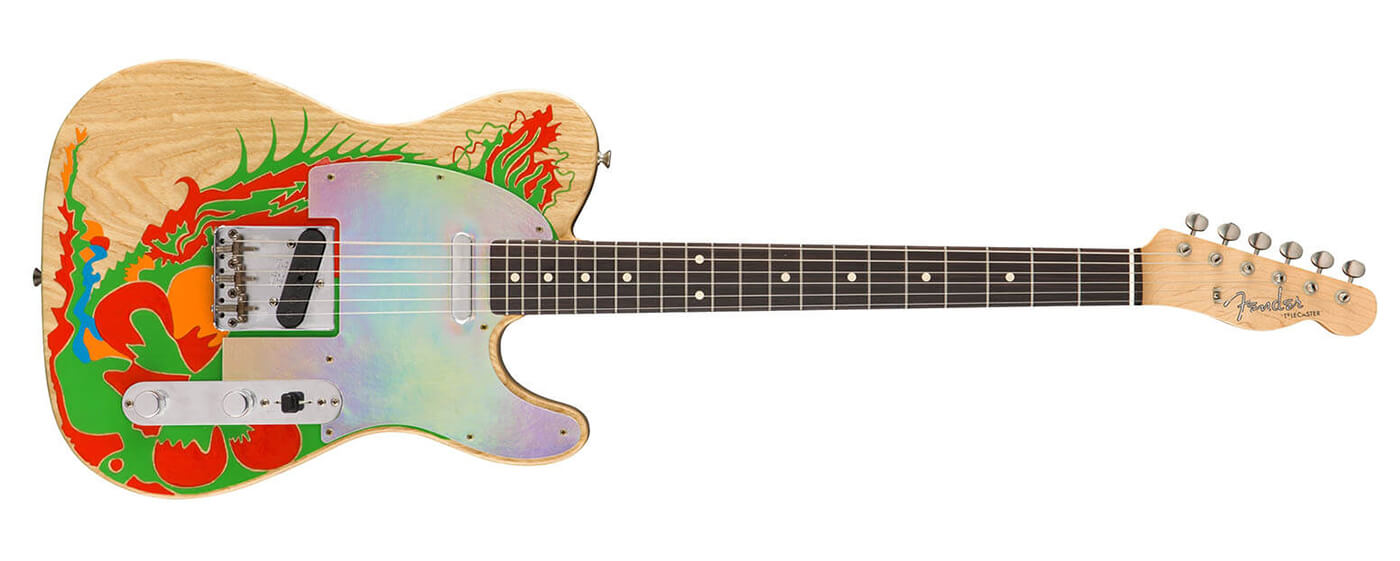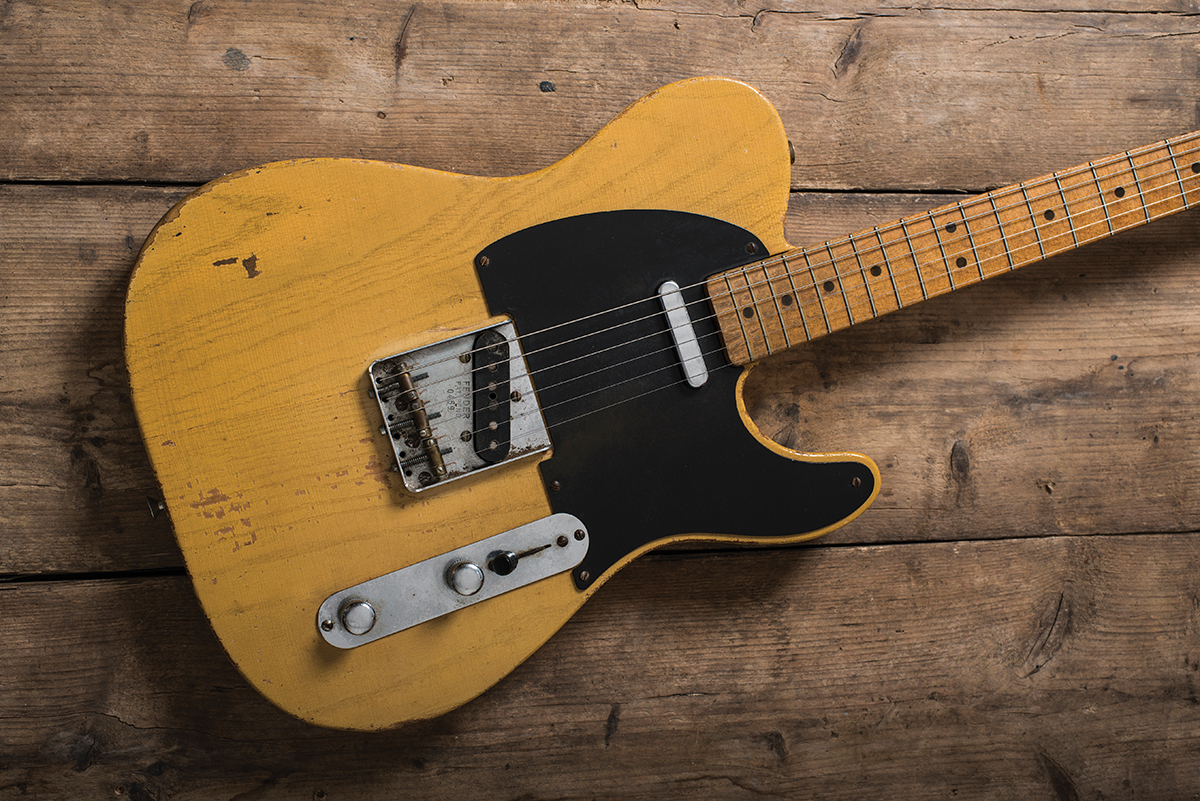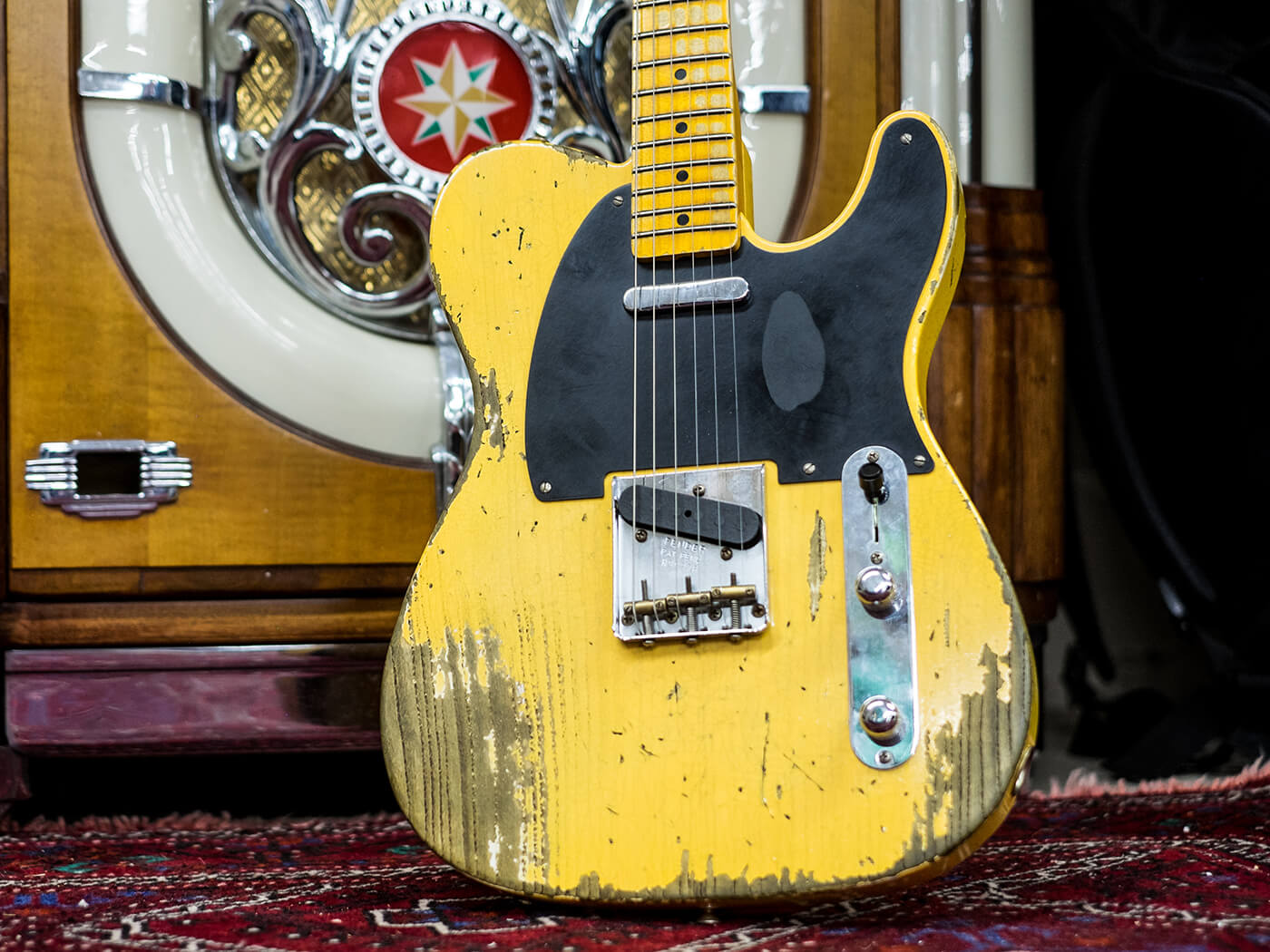Related Tags
“We are curtailing the usage to the higher end”: Fender’s Justin Norvell on phasing out ash
“We will continue to buy all the ash we can, but expect supply to be more sporadic”

Fender’s EVP of product, Justin Norvell (image courtesy of Fender)
Fender’s decision to dramatically reduce the amount of ash it uses in guitar manufacturing came to light last week following a leaked email to dealers. Flooding of the Mississippi Delta and an invasive insect species were cited as key environmental factors behind the decision. We spoke to Fender’s EVP of product, Justin Norvell, to find out more.
Do you think that it’s important for people to understand how production volume and scale influence wood buying decisions? For instance, guitar fans might see boutique luthiers still using ash and wonder why Fender’s production-line models don’t incorporate it any more. But the reality is that the boutique guys are making dozens of guitars a year and Fender is making hundreds per week.
“Yes, volume is absolutely a big factor. It’s important to also note that we are speaking for Fender only, not the industry as a whole, and that we will not be 100 per cent out of ash guitars. Rather, we are just severely curtailing the usage to the higher end and areas where it’s a must – for example, an American Original ’50s Telecaster or a Jimmy Page Signature Series. We will continue to buy all the ash we can, but expect supply to be more sporadic. We may still build some limited runs as and when we can procure the supply.”

Pine has history in the Fender catalogue because of its use on Leo’s early prototypes and the first Esquire models. Have you considered it as an alternative to ash?
“We are always testing new woods. There are options we like that aren’t as historical such as western cedar, but pine is definitely a wood we are going to transition towards. Some think of pine as being soft, but there are different species of pine, and not all of them are so soft. We are also working with lightly roasted pine which would eliminate any softness preconceptions, and tonally models more of a vintage/seasoned body.”

Are there any other woods that are close enough in terms of weight, density and sonics to act as a straight replacement for ash?
“Right now, we are looking at sassafras and pine, which both have their own historical context. We are also looking to move a little ‘higher up the tree’, from the base to the heavier ash we usually wouldn’t use. Our R&D team has worked out several chambering/weight-relief designs that would allow us to increase our supply. The light swamp ash is literally just the base of the tree. We’ve had several artists testing the weight-relieved versions against solid bodies and are very happy with the result!”
Much of the conversation around sustainability in the guitar industry naturally focuses on wood but it seems there’s a way to go in terms of the single-use materials used in packaging and shipping. Is that a topic that’s on the radar at Fender?
“That’s correct. First off, regarding sustainable woods, our default use of alder, maple et cetera means production at Fender has always been more sustainable than using more typical guitar woods – these woods (alder, maple) are fast growing and plentiful. Outside of that, yes, sustainability is on everyone’s radar, and we continue to strive to make the ways we work more sustainable and to innovate with our processes and materials to achieve that.”
Finally, we hope you guys are all healthy and coping with the current lockdown situation. How does a company like Fender ensure that the wheels keep turning during these difficult times?
“I think this is a very two-sided situation for the guitar business. On one hand, many stores are closed or working at a reduced capacity which slows the business part of things, but at the same time, the slowing down and increased amount of time spent at home for people has reignited a spark for making music and learning an instrument.

“Our hope is guitar will come out of this at a more pronounced level in the public consciousness, as evidenced by our Play Through promotion where we are giving away three months of online guitar/bass/ukulele lessons for free, via our learning platform Fender Play, to the first one million people that sign up. I myself have been playing a ton of guitar, and working on my guitars, as well as recording several songs. I’m always playing around, but personally I feel I am reconnecting at a deeper level with the guitar in this period, and I hope that rings true for others as well!”
For more interviews, click here.
